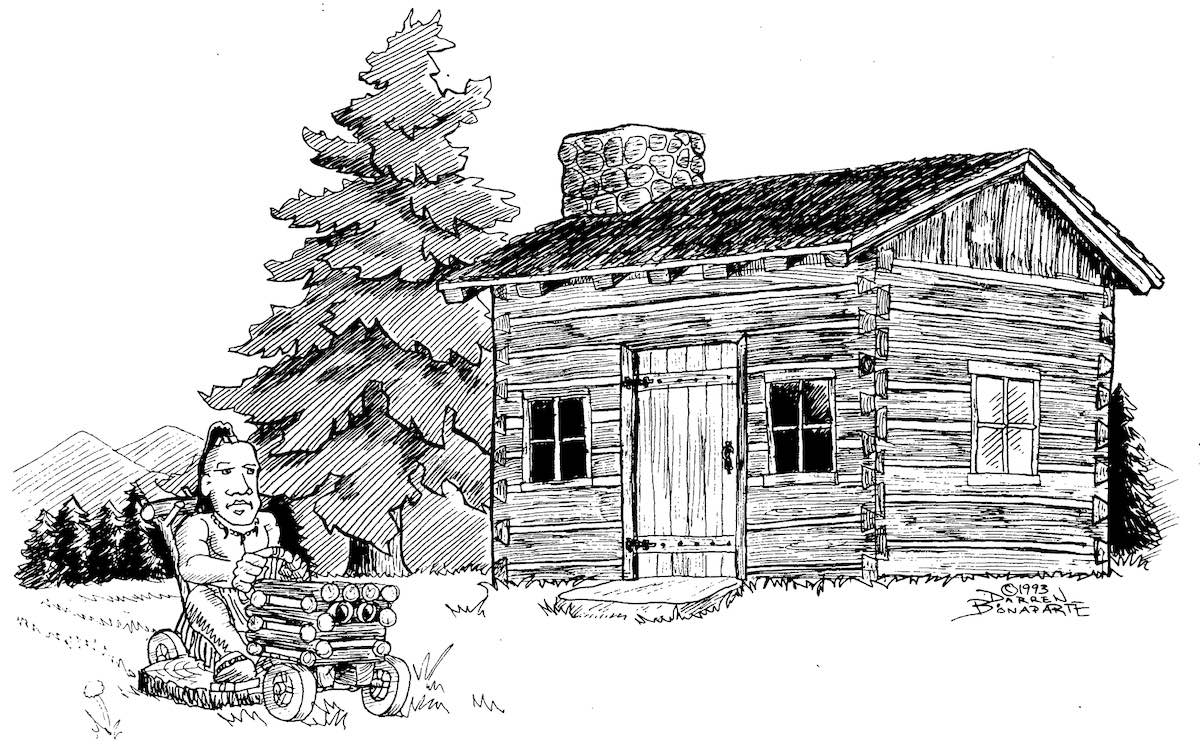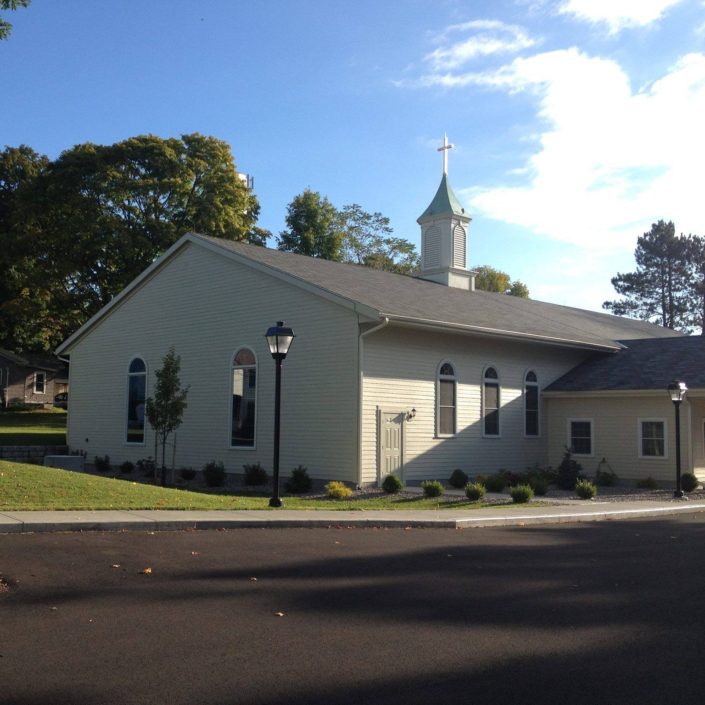The Abenaki Incident
From the Land of Flint to the Land Where the Partridge Drums The Migration from the Mohawk Valley to Kahnawake and Akwesasne
by Darren Bonaparte
In 1759, just before the British captured Oswegatchie, British forces in the form of Roger’s Rangers raided Odanak, a proFrench Abenaki settlement at St. Francis River near Pierreville, Quebec, killing half its population and forcing the rest of its inhabitants to seek refuge among fellow Christian Indian settlements such as Akwesasne. By 1767 the Abenaki village at Odanak was rebuilt, and the Mohawks urged them to return to it. The Abenakis had been ancient enemies of the Mohawks until they became members of the Seven Nations of Canada, and their stay in Akwesasne wasn’t without a degree of tension. A white fur trader by the name of N. B. Hartell accompanied them from Odanak, and his presence agitated the Mohawks. A faction of Abenaki, prompted perhaps out of business obligations to the fur trader, not only began to insist that they had as much right to occupy Akwesasne as the Mohawks, but began to destroy Mohawk traplines in the region as well as those belonging to the Haudenosaunee Confederacy. Both groups put pressure on Sir William Johnson to have them return to Odanak. (Frisch 1971: 67- 68)
Hartell managed to convince the Governor of Canada, Sir Guy Carleton, that the Abenakis had settled Akwesasne at the same time as the Mohawks. (Miller 1976:50) He granted them permission to remain, but Sir William Johnson remembered the promise of protection he had made to the Mohawks during the French and Indian War. At a conference held in the Mohawk Valley at German Flatts, Johnson told the Abenakis that the Mohawks “…are descended from the Original Proprietors (and) …You who were born in another part of the Country can claim no Title to Land but where you were born, wherefor You should not intrude, or press Yourselves on these people without their inclination…” (Miller 1976:51- 53) Some of the Abenaki finally returned to St. Francis in 1771, but they left behind a number of families and people who had married into the Mohawk community. (Frisch 1971:69)
Mohawk Title To Akwesasne
The incident with the Abenaki refugees caused considerable alarm for the Akwesasne Mohawks, mainly because Father Gordon had not secured a land grant “title” from the French government to the lands on which they lived. Naturally, as the ancient occupants of the territory, the Mohawks felt that the land was not the French Governor’s to grant in the first place, but as evidenced by the Abenaki incident, the lack of a documented title posed problems with the conquering English government after the French and Indian War. Gordon greatly angered the Mohawk chiefs on this account; they accused him of deliberately deceiving them about the land grant issue for his own personal gain.
In retrospect, however, it’s doubtful whether a French title would have mattered to the English even if the Mohawks had presented one. “His Most Christian Majesty,” like his counterpart in Paris, only entertained such notions when it was politically expedient. Fortunately, Sir William Johnson was in just such a mood when the problems with the Abenaki flared up.
This would not be tne last time Akwesasne Mohawks would experience great community turmoil over the size and scope of our territory. Nor would it be the last time that European superpowers would clash over rights to the land that was never theirs to begin with. Tragically, it was a few of our own people who would become their greatest weapons in that titanic battle, and it would be our own people who would lose the most.

Illustration by Darren Bonaparte, 1993.
By Darren Bonaparte, historian and author of The Wampum Chronicles. Reprinted with permission.
Darren Bonaparte is a cultural historian from the Akwesasne First Nation. He is a frequent lecturer at schools, universities, museums, and historical sites in the United States and Canada. He has written four books, several articles, and the libretto for the McGill Chamber Orchestra’s Aboriginal Visions and Voices. Darren is a former chief of the Mohawk Council of Akwesasne. He is the creator of The Wampum Chronicles and historical advisor to film and television. He currently serves as the Director of the Tribal Historic Preservation Office of the Saint Regis Mohawk Tribe.
Next week: A Nation Divided: The Rivalry and Intrigues of Captain Joseph Brant and Colonel Louis Cook














